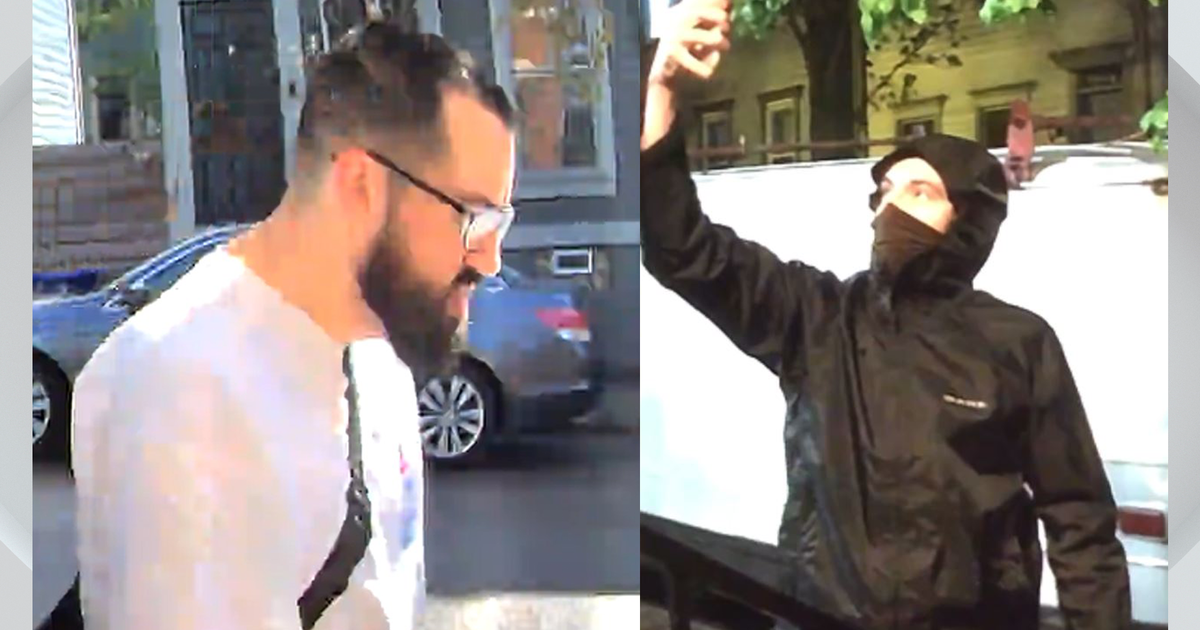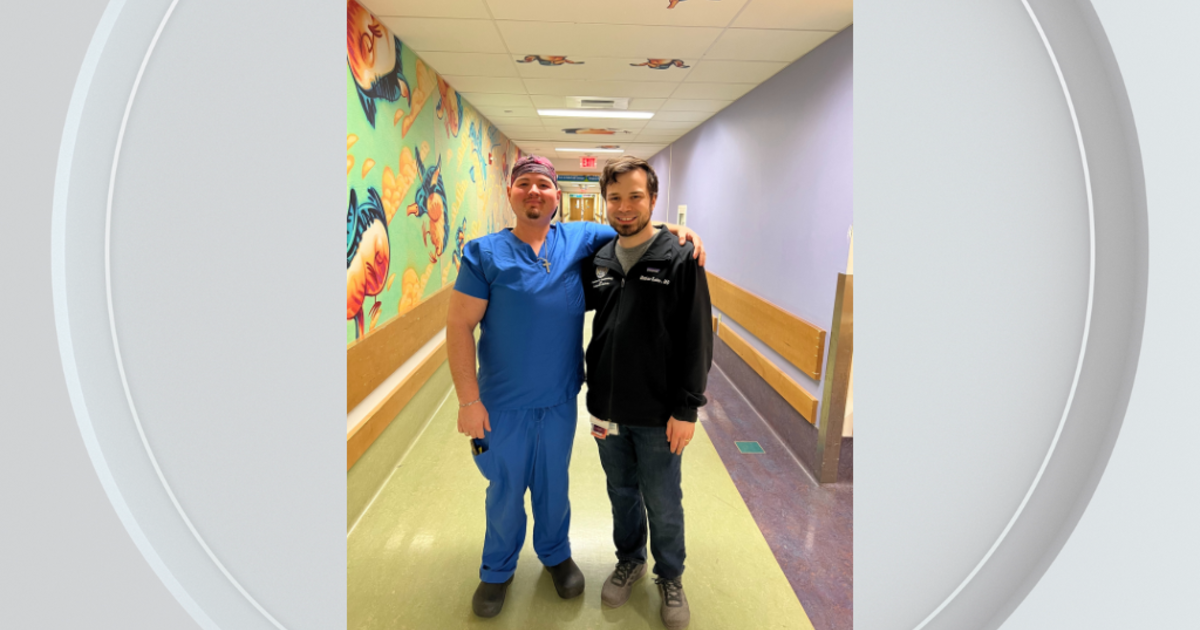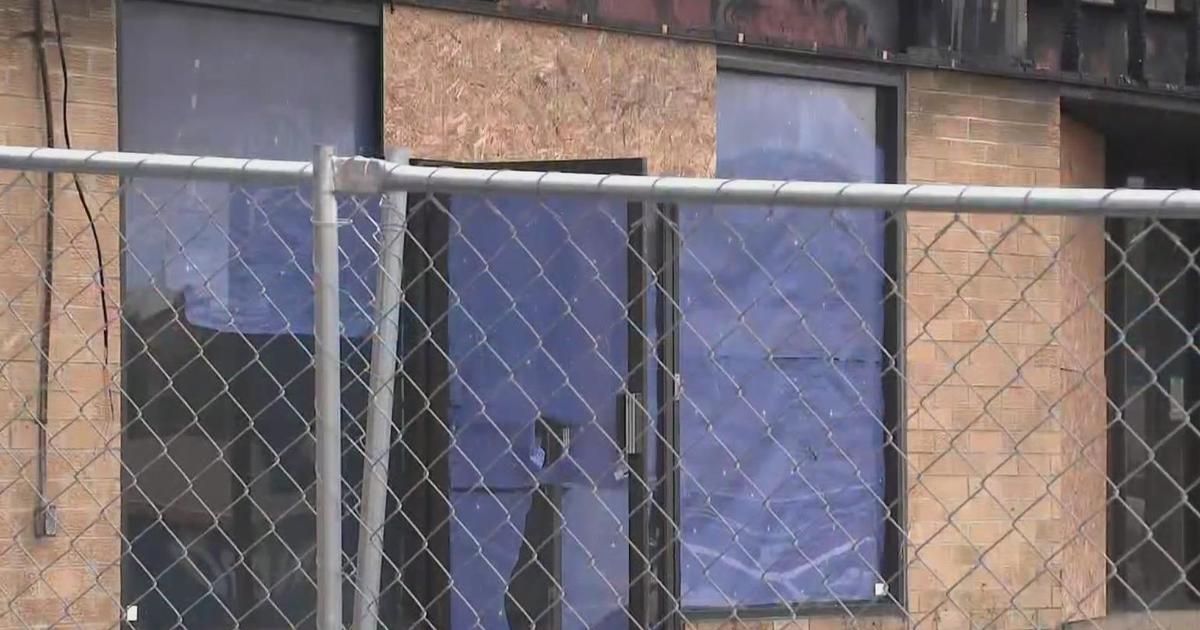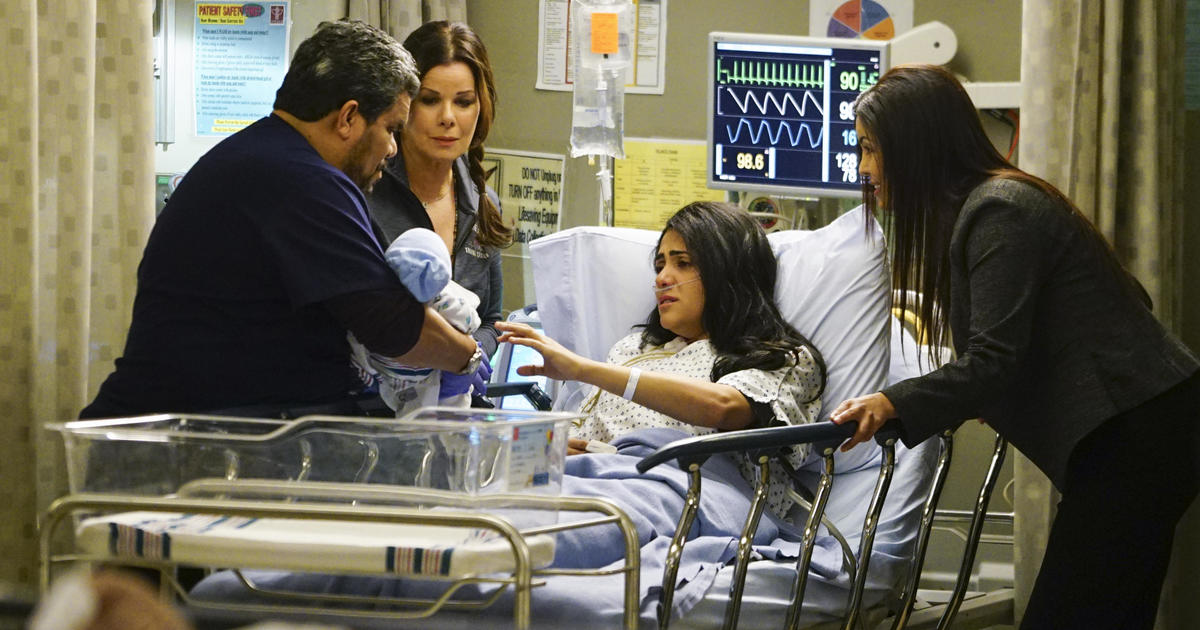Expert Offers Tips To Avoid Becoming 'Helicopter Parents'
PITTSBURGH (KDKA) - Have you heard of helicopter parenting?
Maybe you've even wondered if you're a helicopter parent -- someone who hovers over their children.
Some recent studies have shown that it can actually do more harm than good to children as they get older.
Laura Kaplan is a conscientious mom to her daughter, Mollie, and two older sons, Nathan and Abe.
She's careful to find the right balance between being helpful and doing too much for her kids.
"I definitely see that we do more today than my parents did and we're more involved," Kaplan said.
Laura and mom, Ann Gibbons Scherlis, have both seen parents hovering.
For example, parents doing their kids' science projects or walking them everywhere when they're old enough to be alone.
"I have friends who are micromanaging the play dates. They're in the play dates providing treats and cookies and almost orchestrating the play," Kaplan said.
Ann has learned from her own mistakes.
"I remember when my older daughter was in seventh grade, I intervened with another parent about something that was done to her that I thought was cruel and my older daughter was very upset with me for doing that," Ann said.
So how do we know when to step in and when to step back?
Parenting expert Dr. Debrorah Gilboa, known as Dr. G, said when it comes to social hovering, use what she calls the "Fed Ex rule." Wait two days, then, gently ask your child is this still a problem? Most often, the kids have resolved it themselves by then.
But, what if they still need help?
"Maybe role play with them, ask them what are you trying to accomplish here? What would you like to do? You know this friend better than I do, what could you say to them that I might actually hear? Let them practice a little," Dr. Gilboa said.
Kaplan helps her kids with their schoolwork if they need it or offers them a tutor if she can't help.
Dr. G said that's important because failure is a critical lesson to teaching kids resilience.
She suggests you ask yourself what will happen if I let her try and fail once?
"The two things we want our kids to know to be resilient people s is that they're good problem solvers and that they'll survive failure," Dr. Gilboa said.
Kaplan admits it's not easy in today's culture.
"I think your kids fail, it's a direct - you know - they look at the parent. Whereas, I don't know if they did that when we were younger. It was the kid's fault," Kaplan said.
Most importantly, keep an eye on the big picture and teach your child to be independent.
"Our job as parents is to keep one eye on the adult that were raising so they can learn to solve things without us. So, the more opportunities we give our kids to solve their problems without us, the more likely they are to be happy as adults," Dr. Gilboa said.
Dr. Gilboa has a good tip to help keep an eye on the big picture.
Write down three attributes you want to be able to use to describe your kids when they're older. Maybe it's self-confident, grateful and giving.
Then, practice those, talk about those, tell stories about how you've been able to develop those attributes and by the time they're grown up, they'll hopefully be the kids you hoped they would be.
RELATED LINKS



